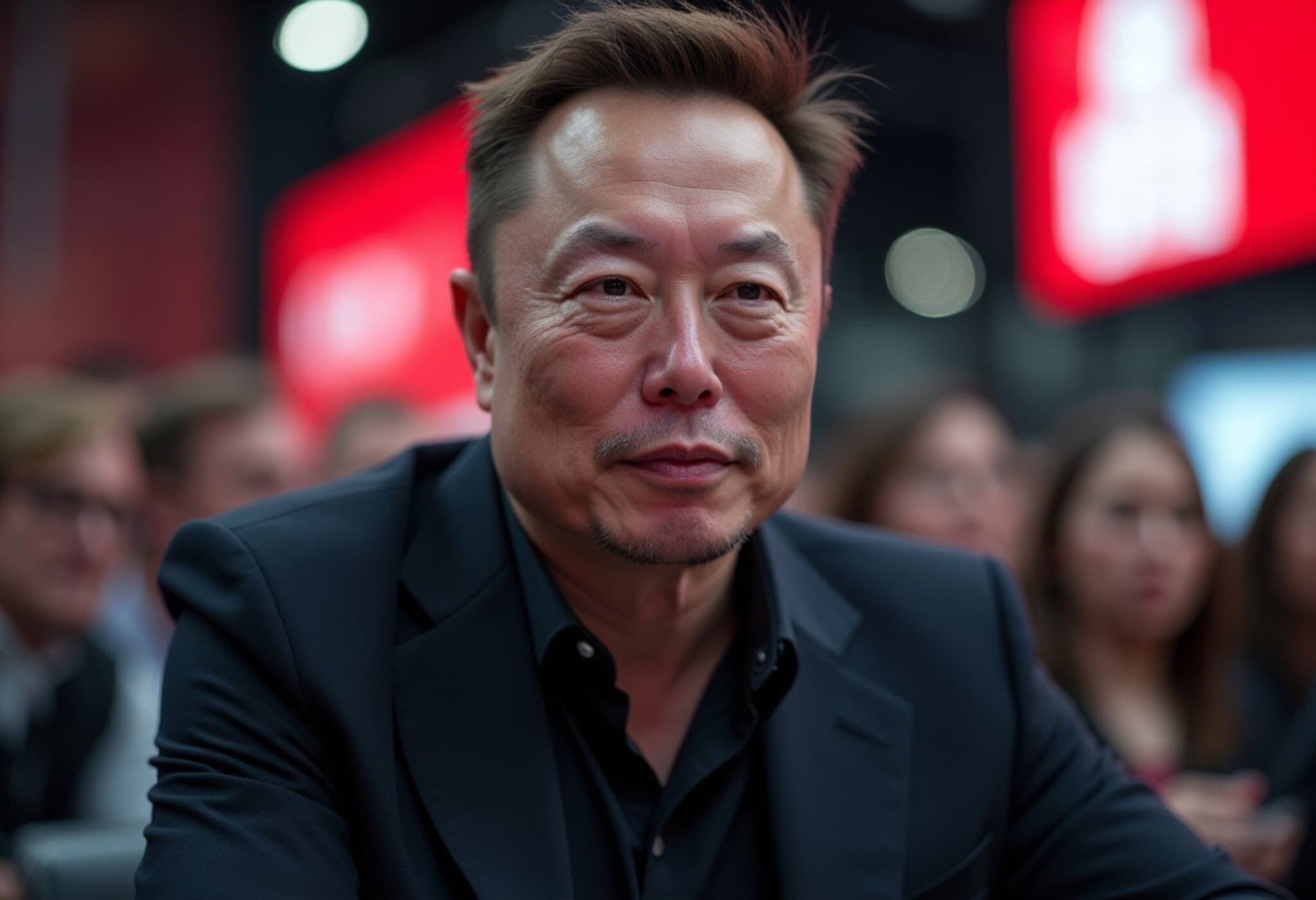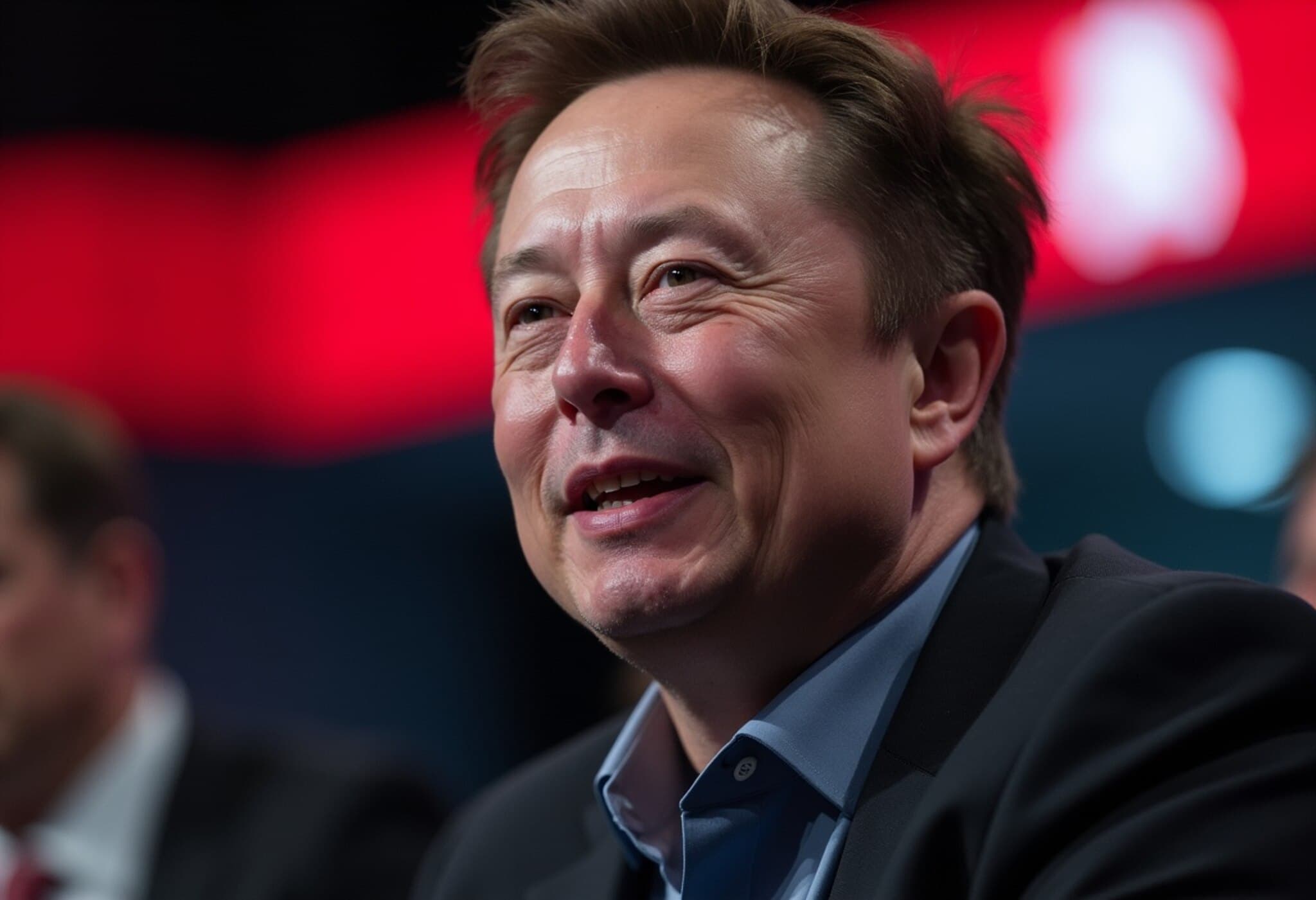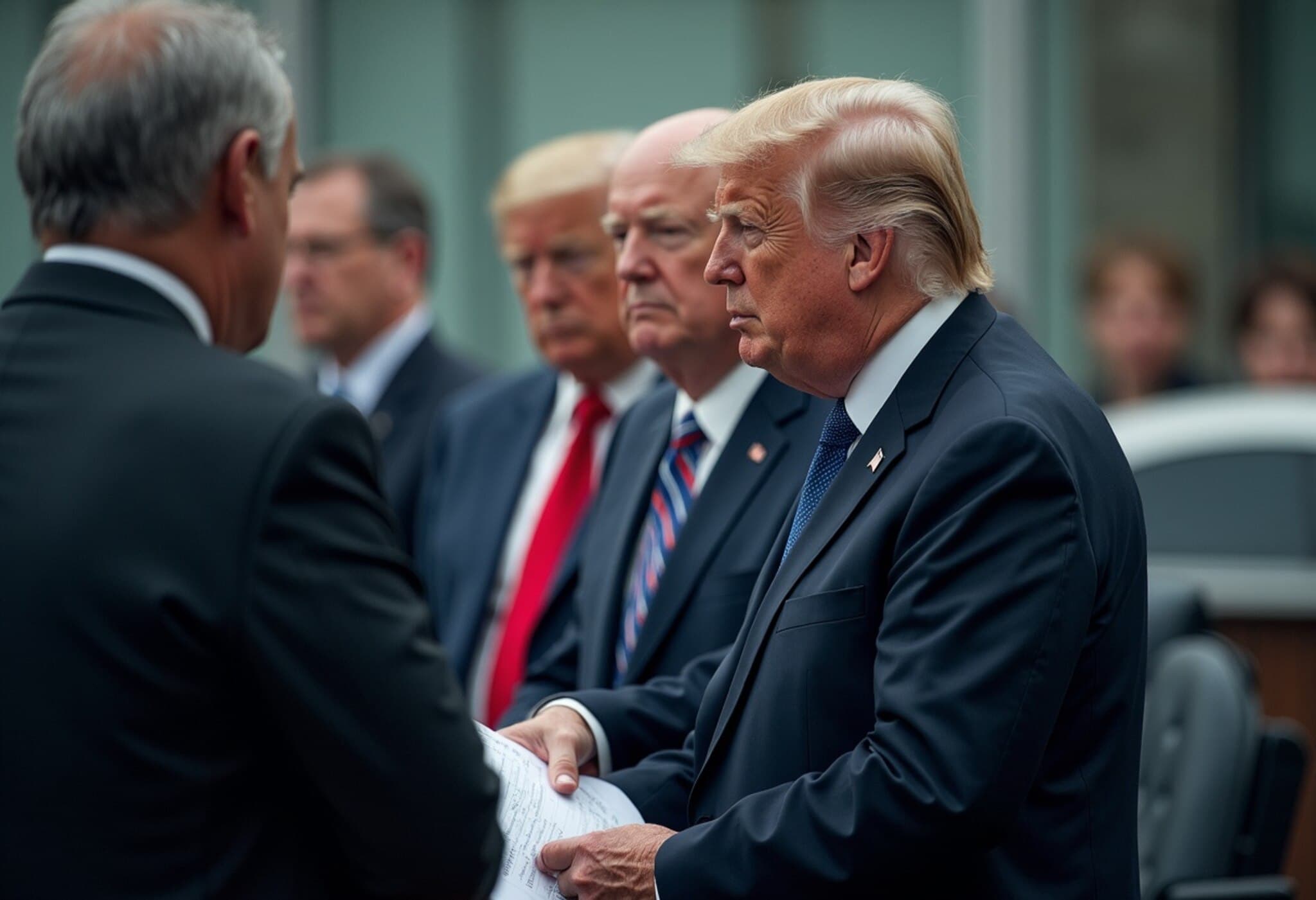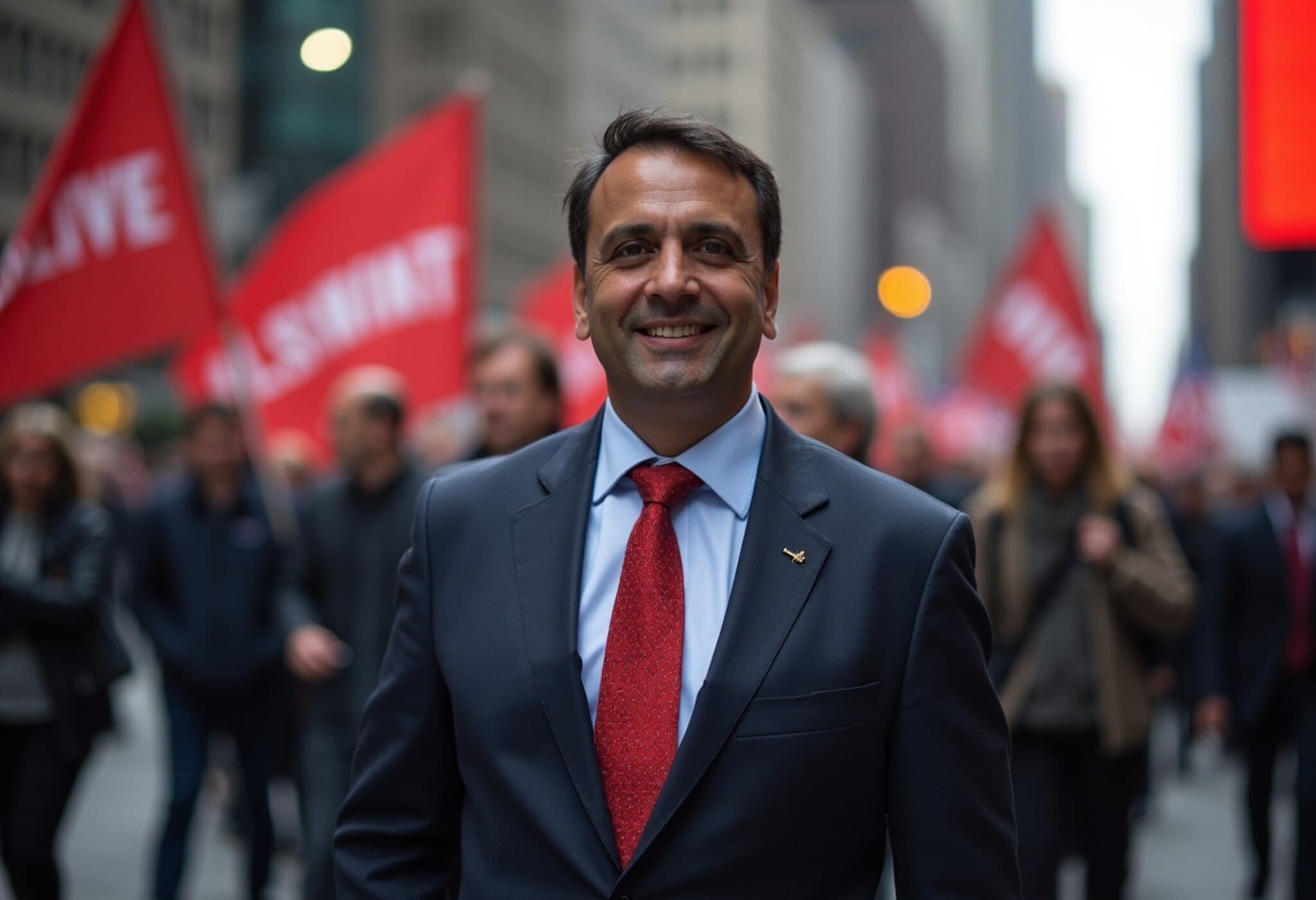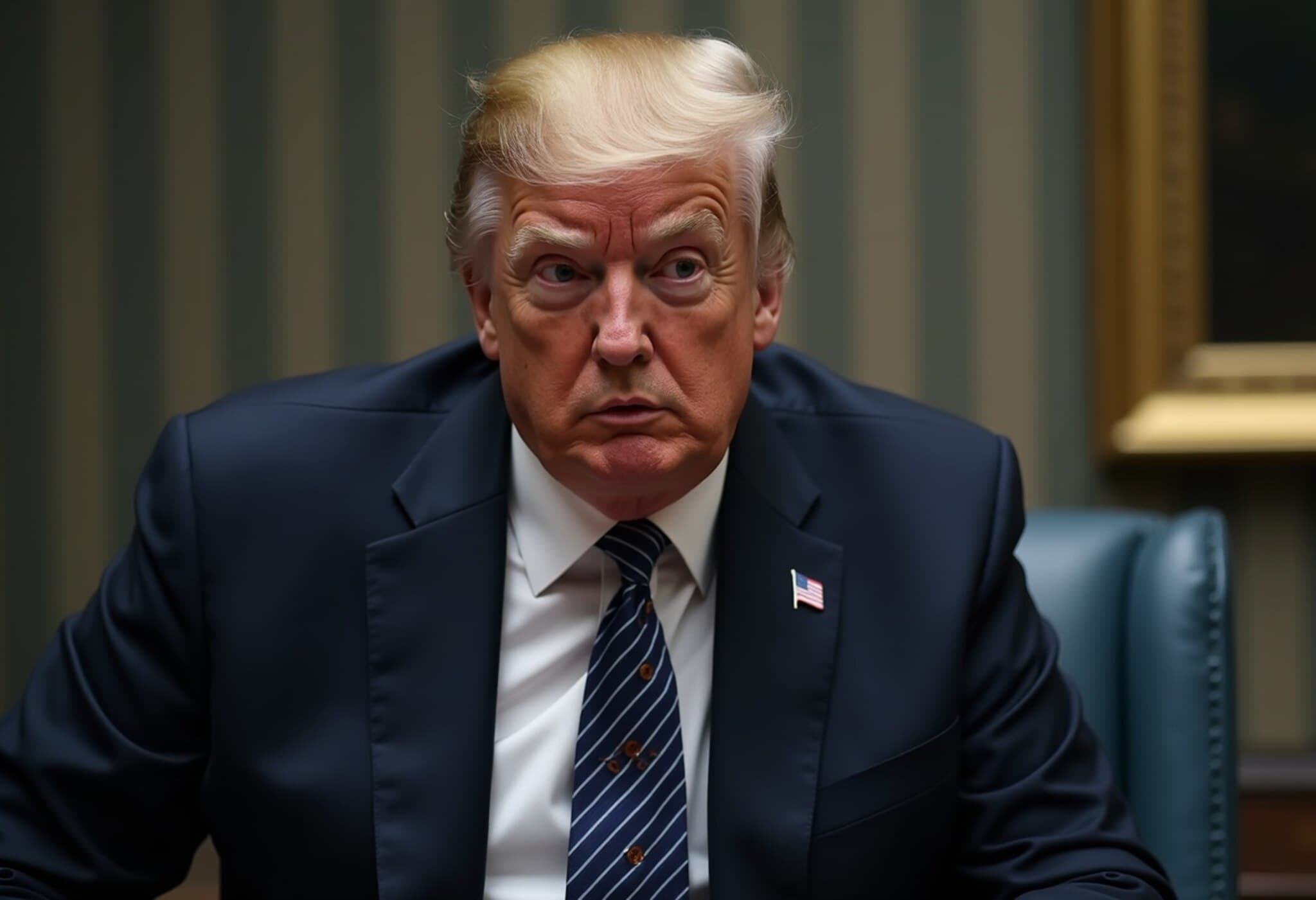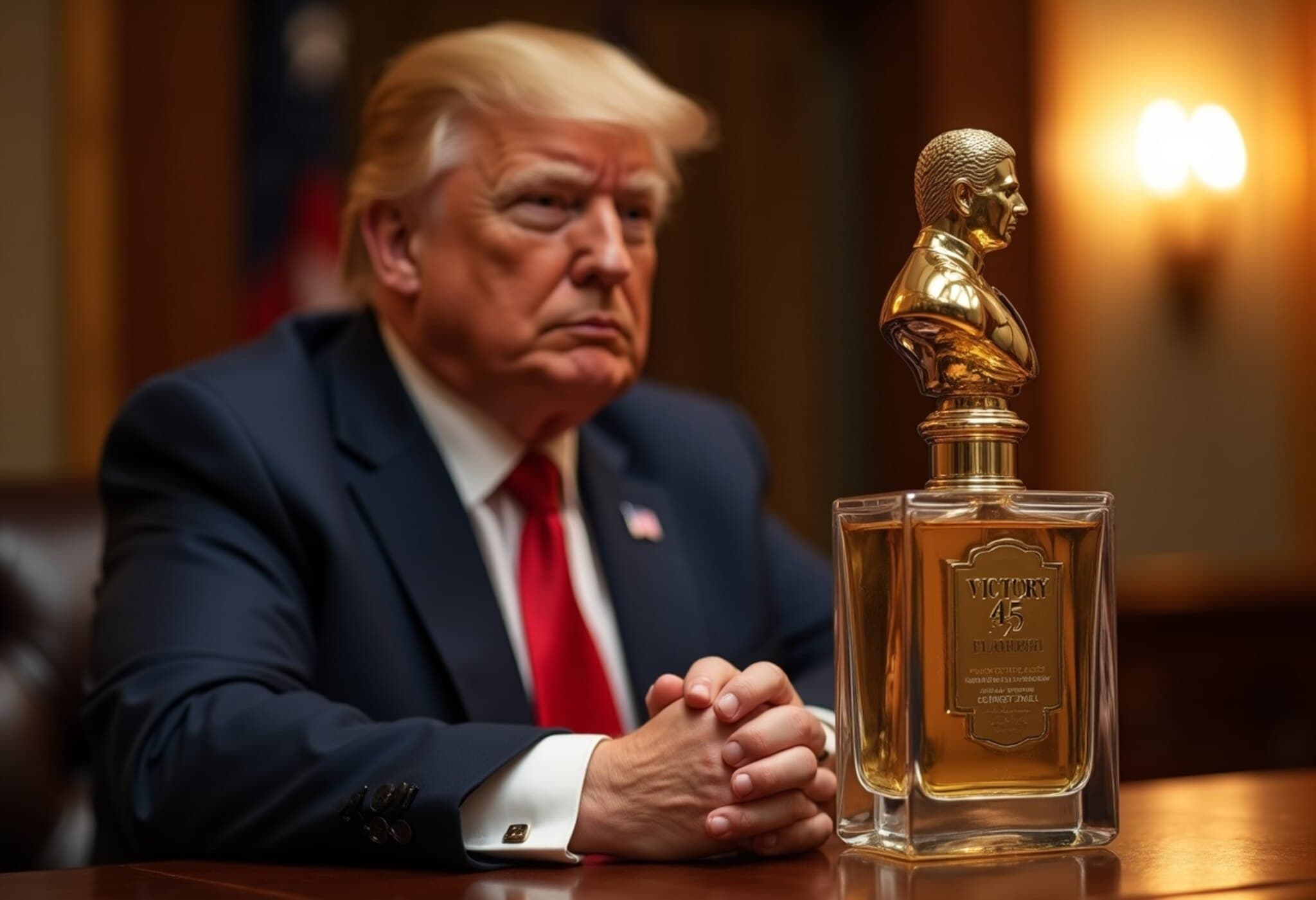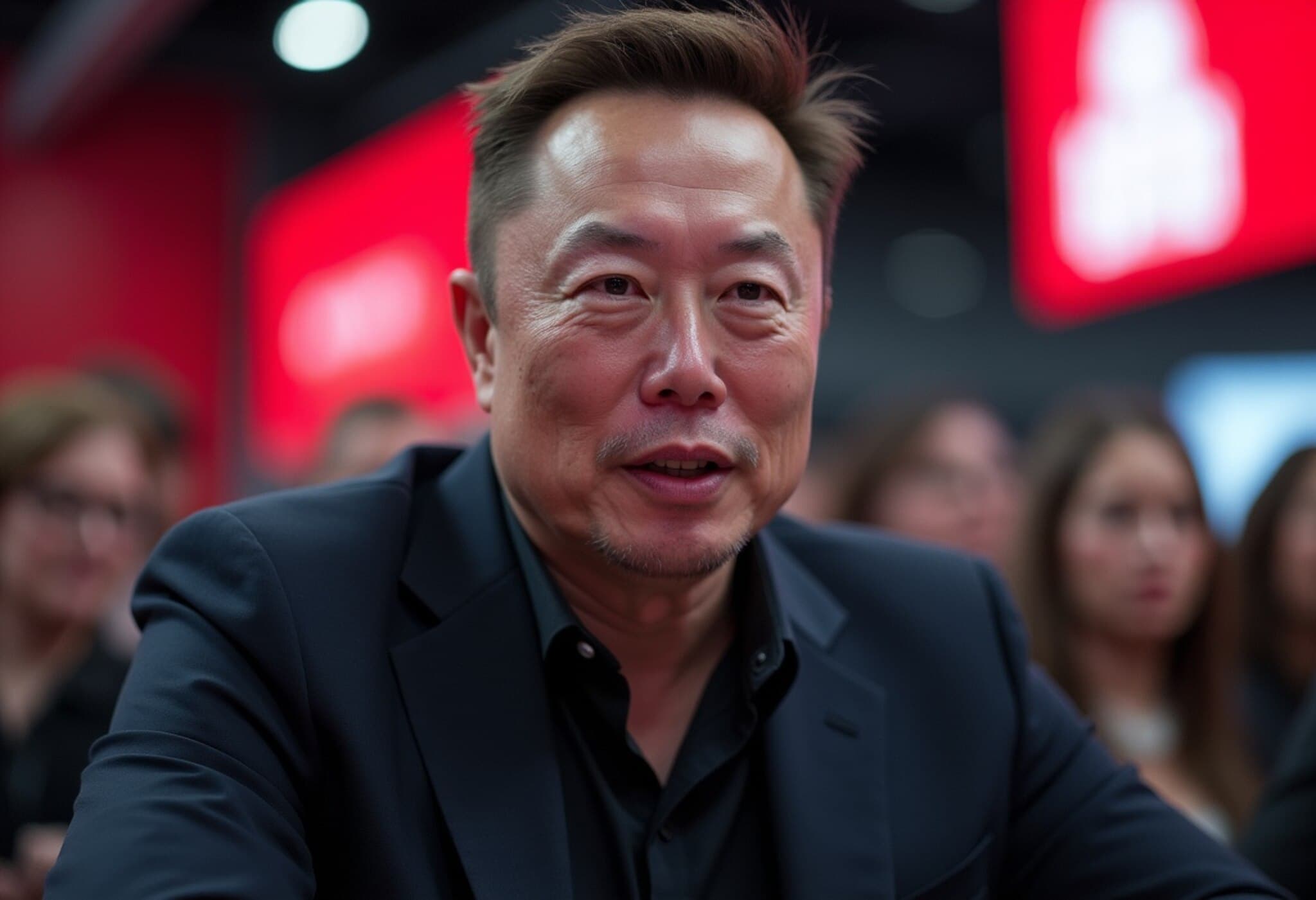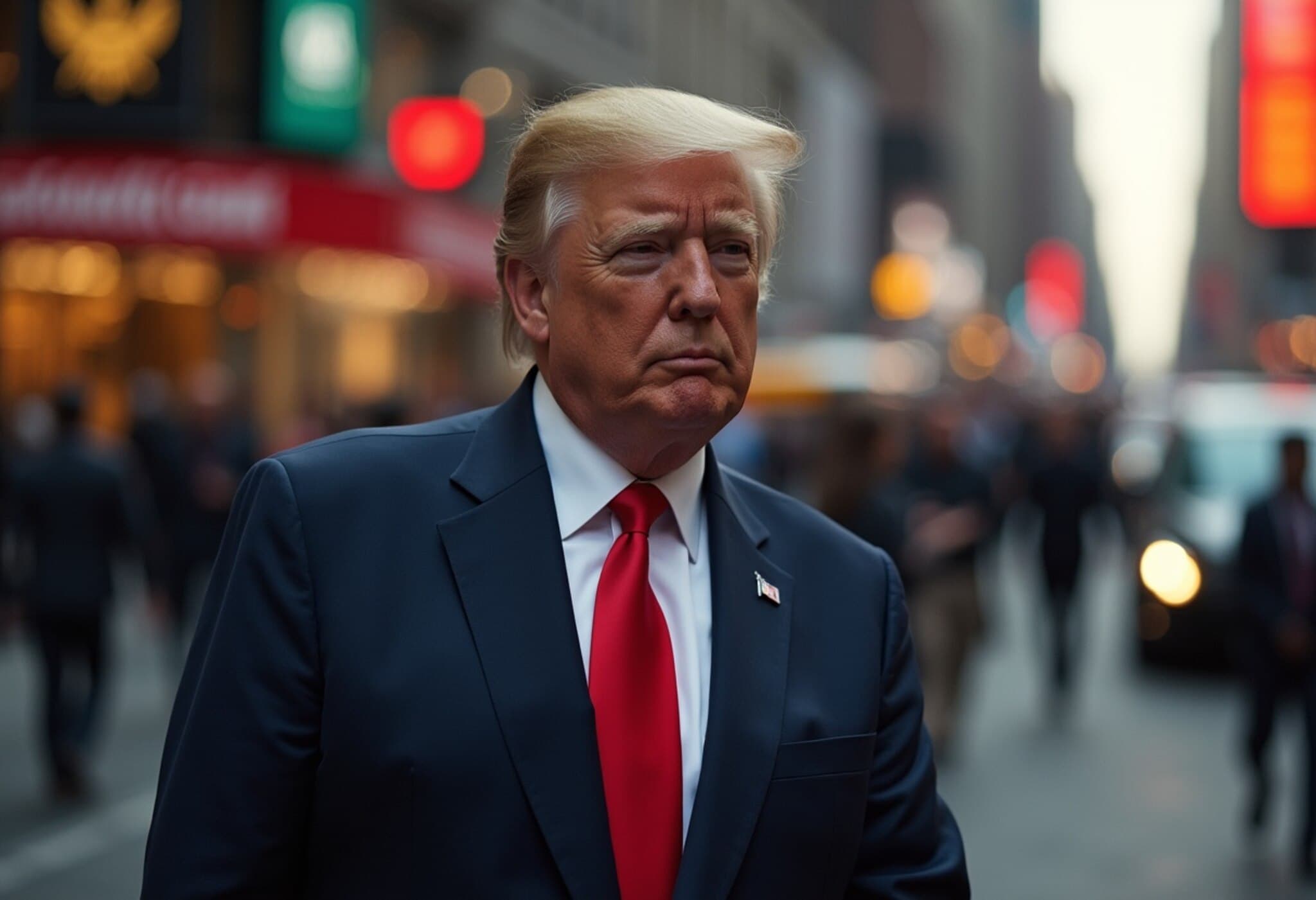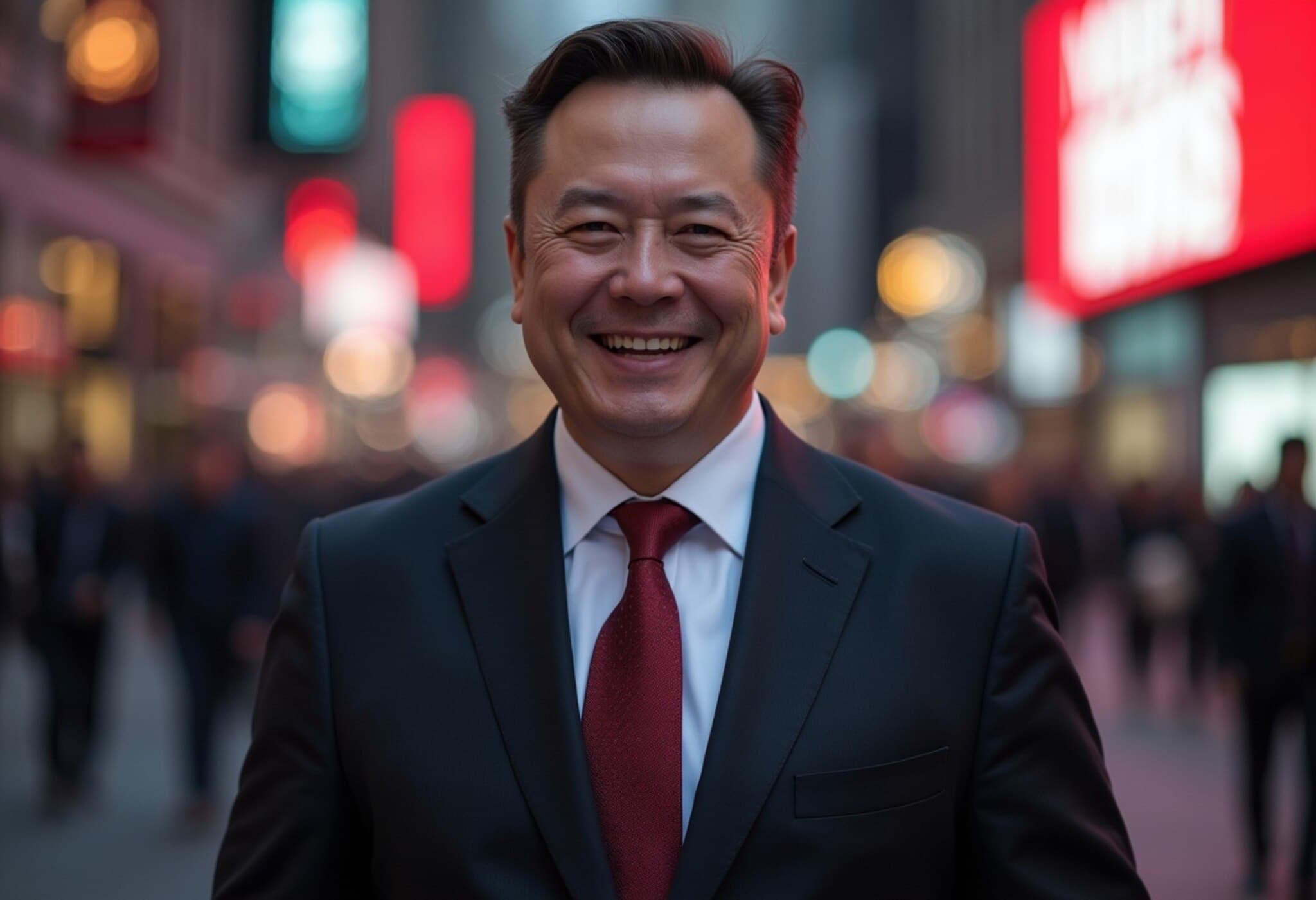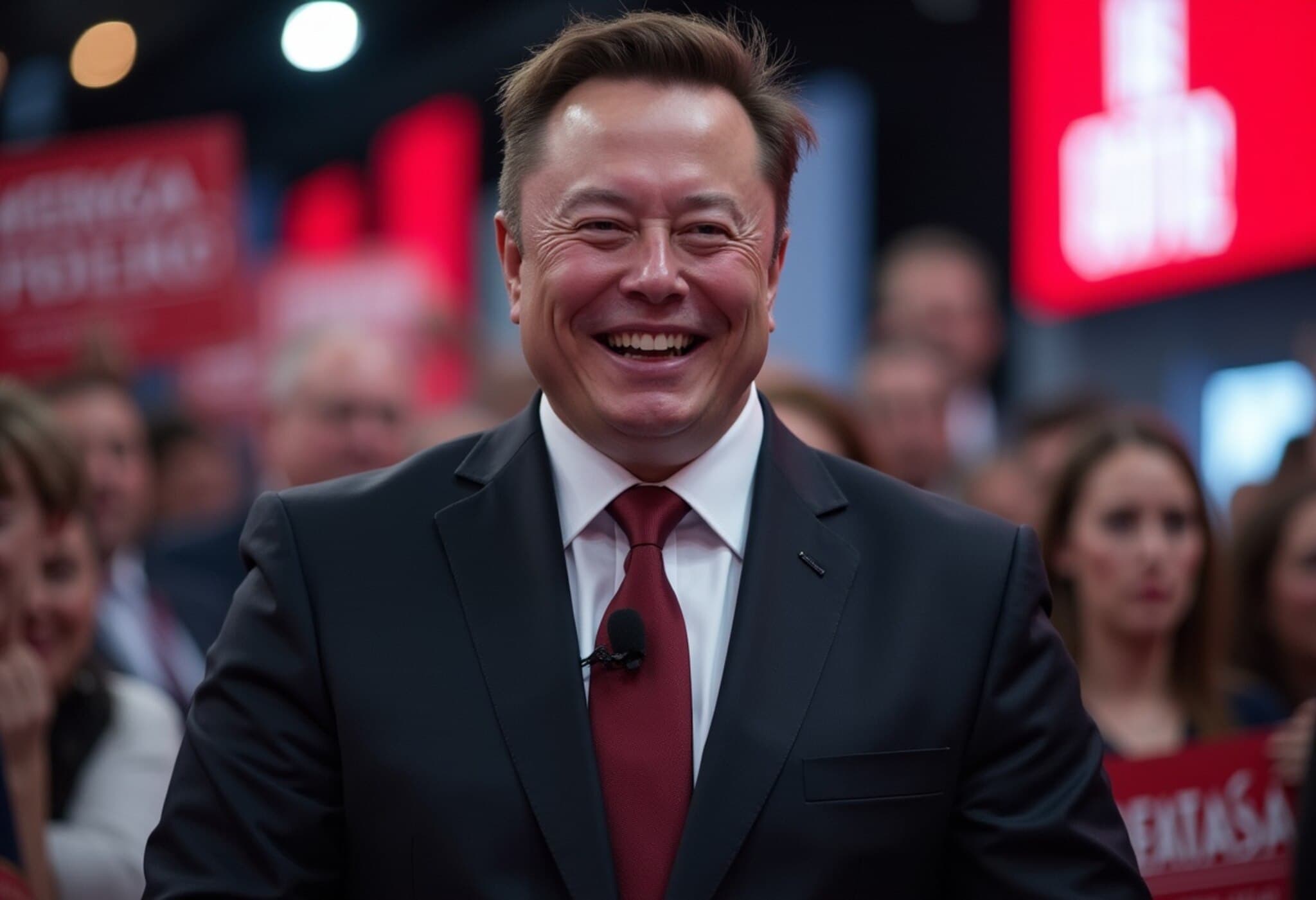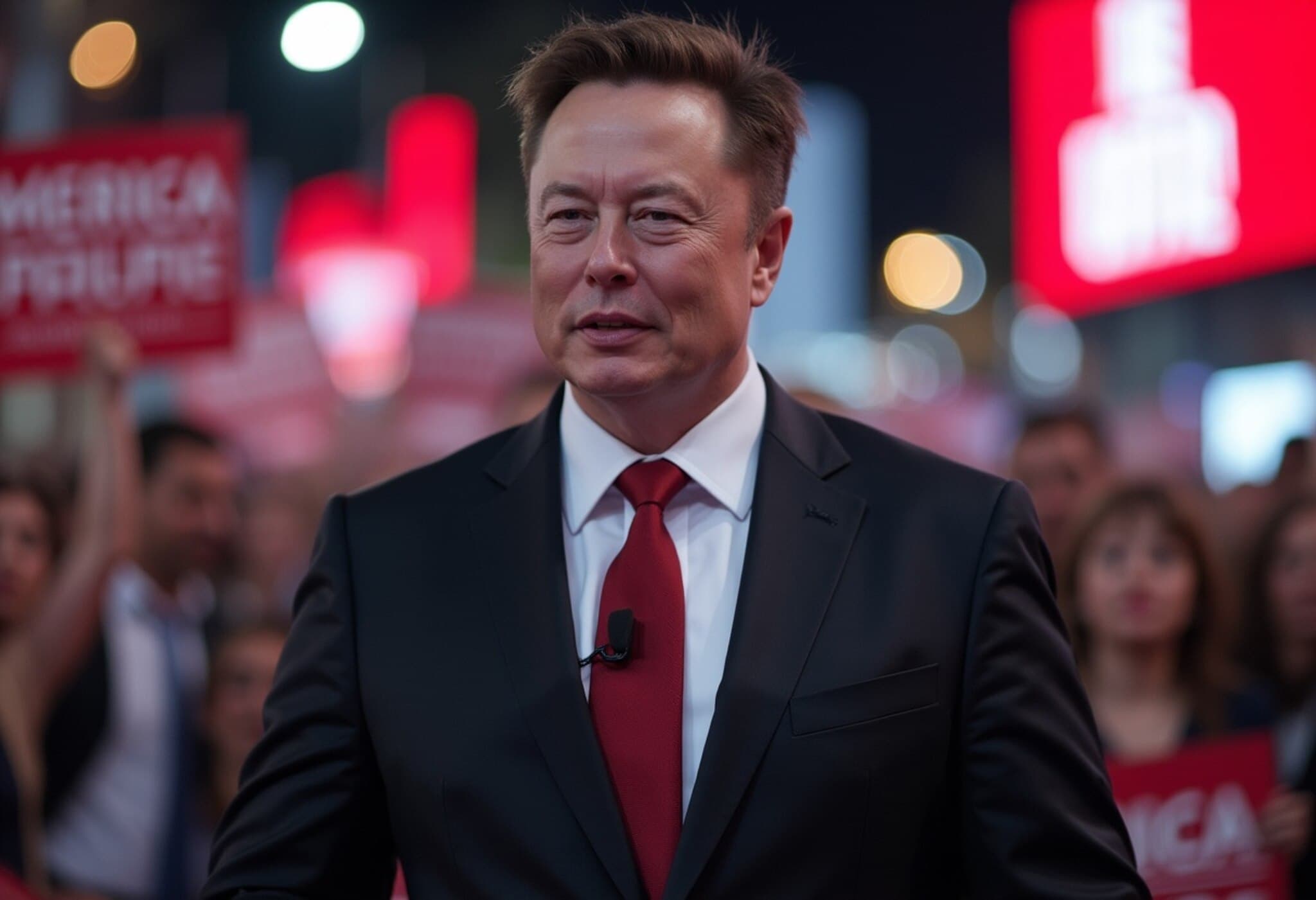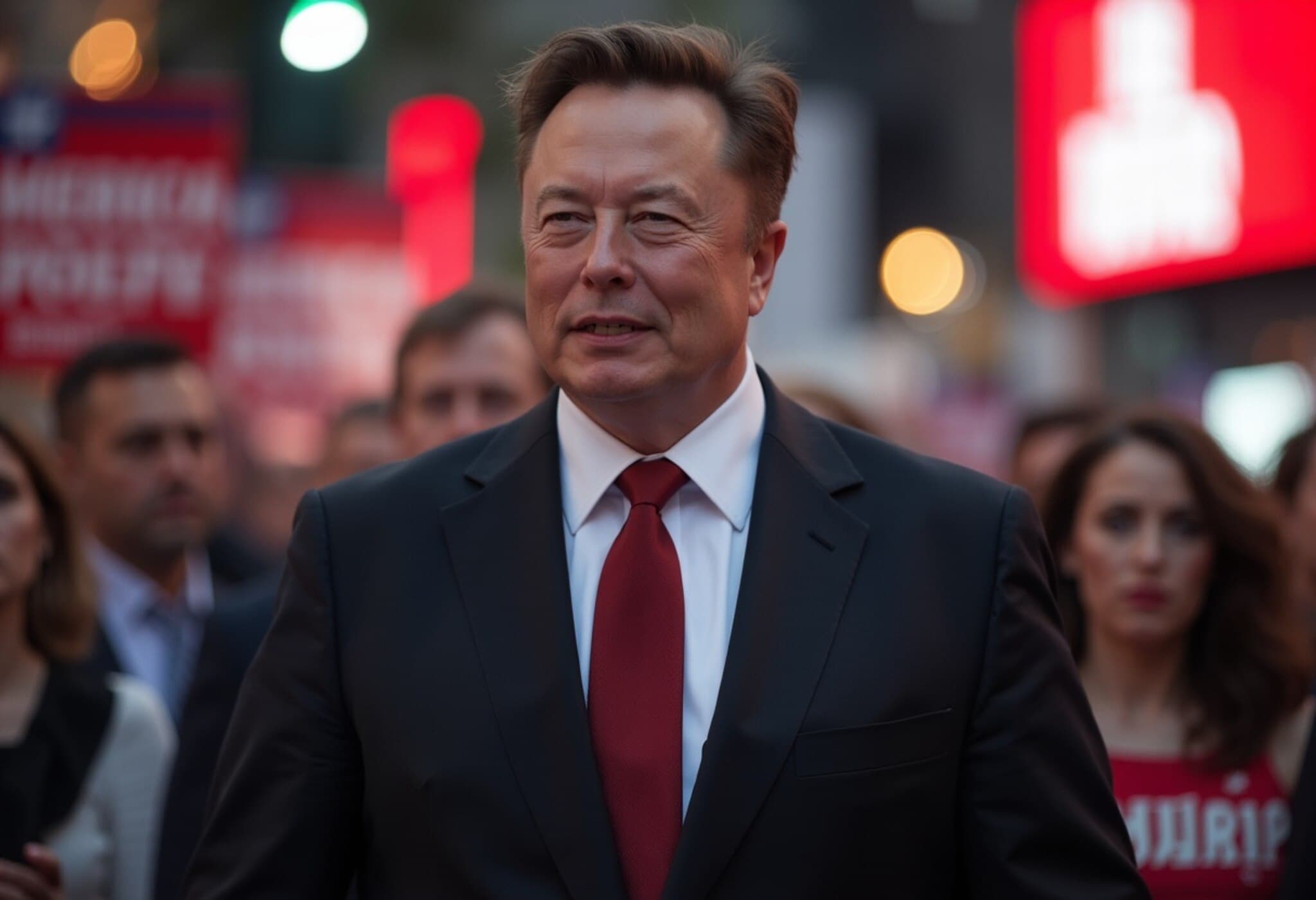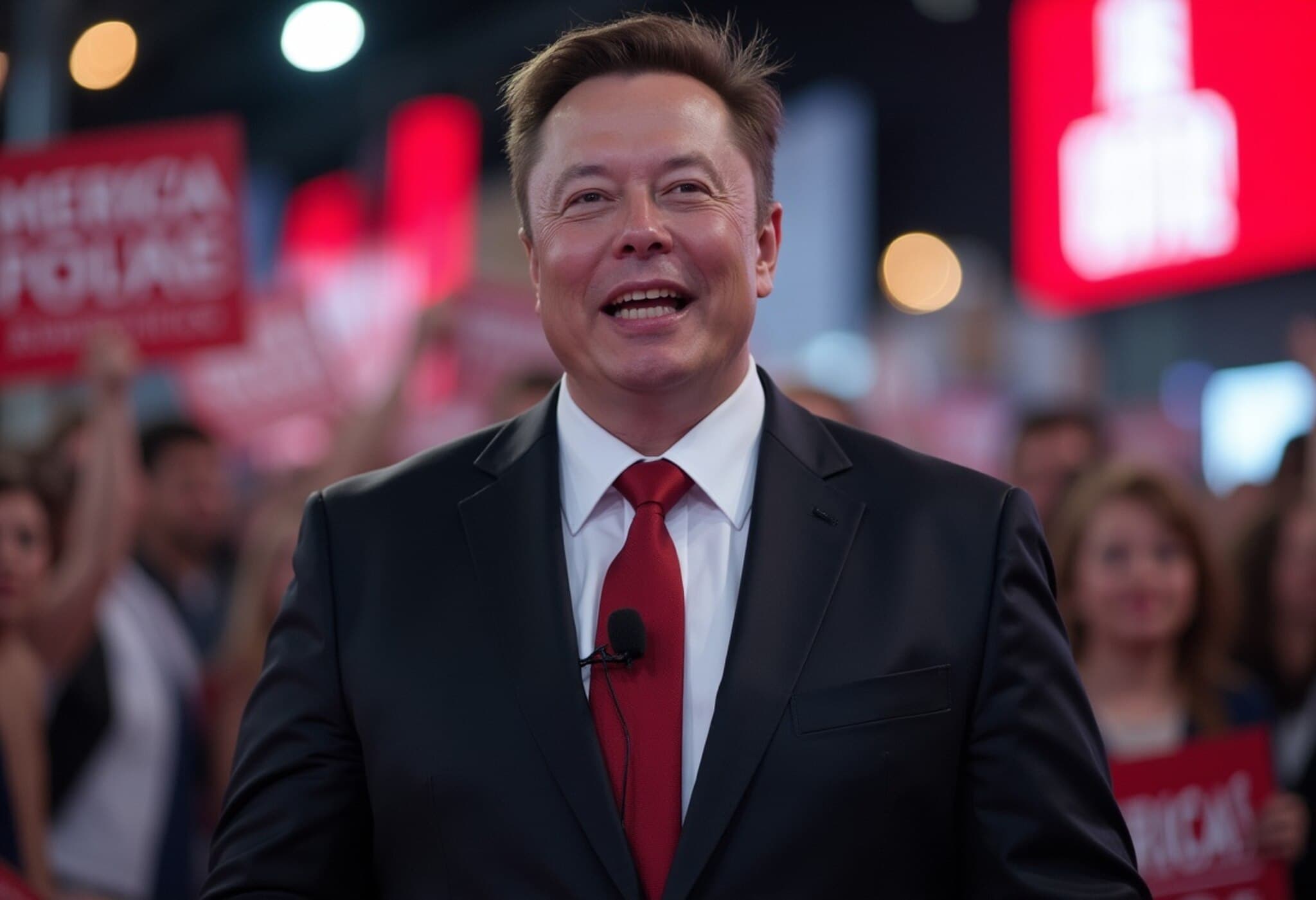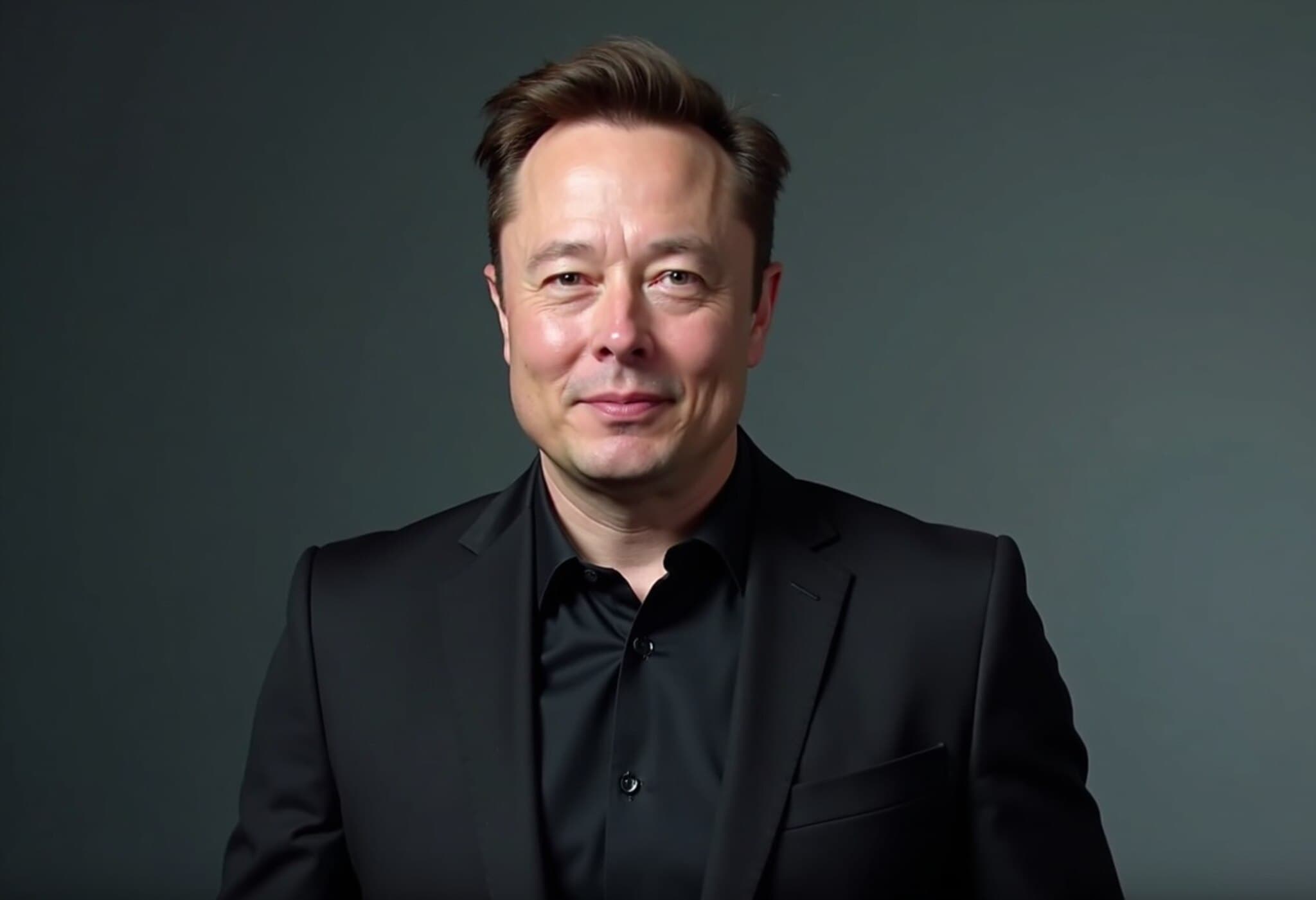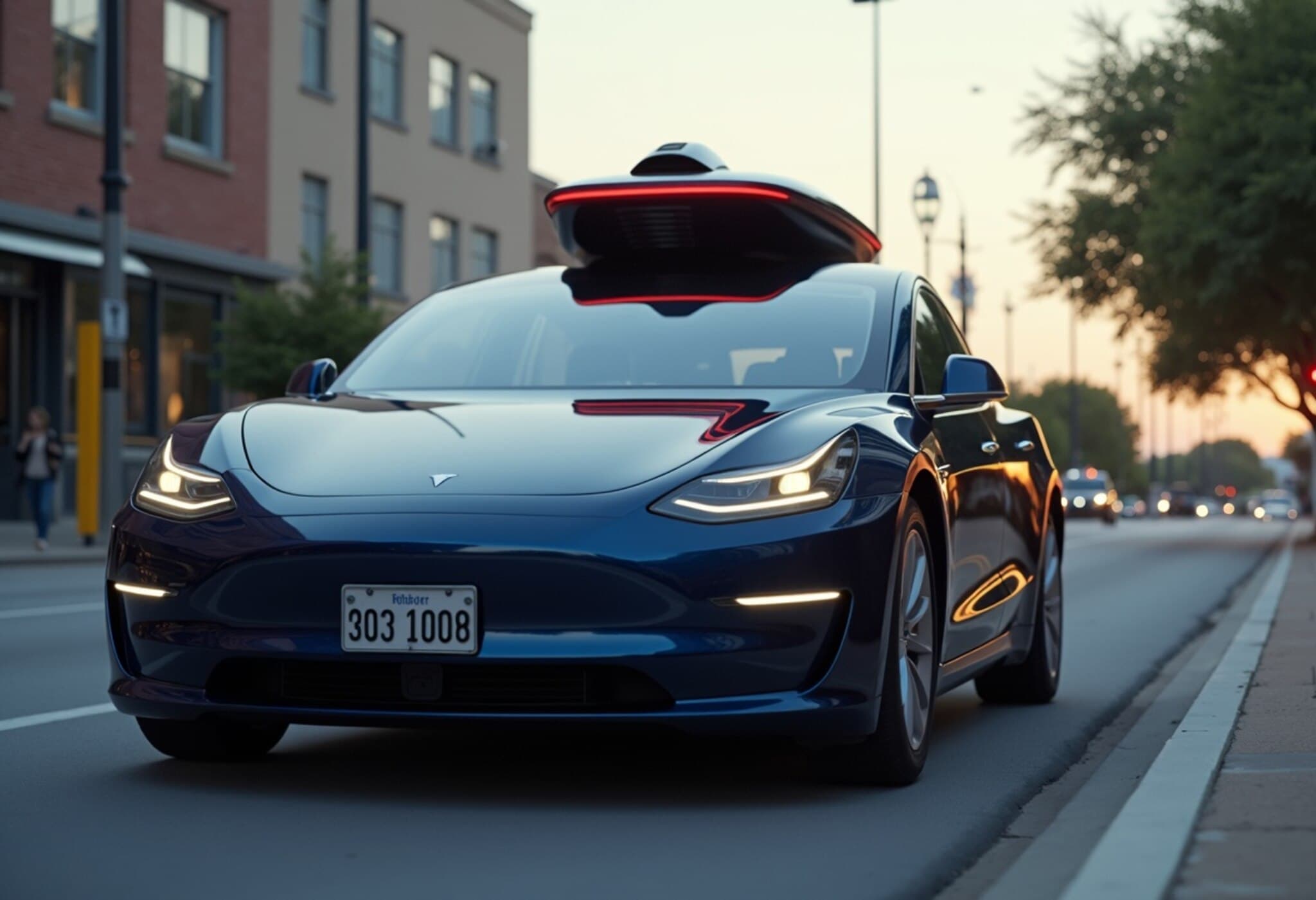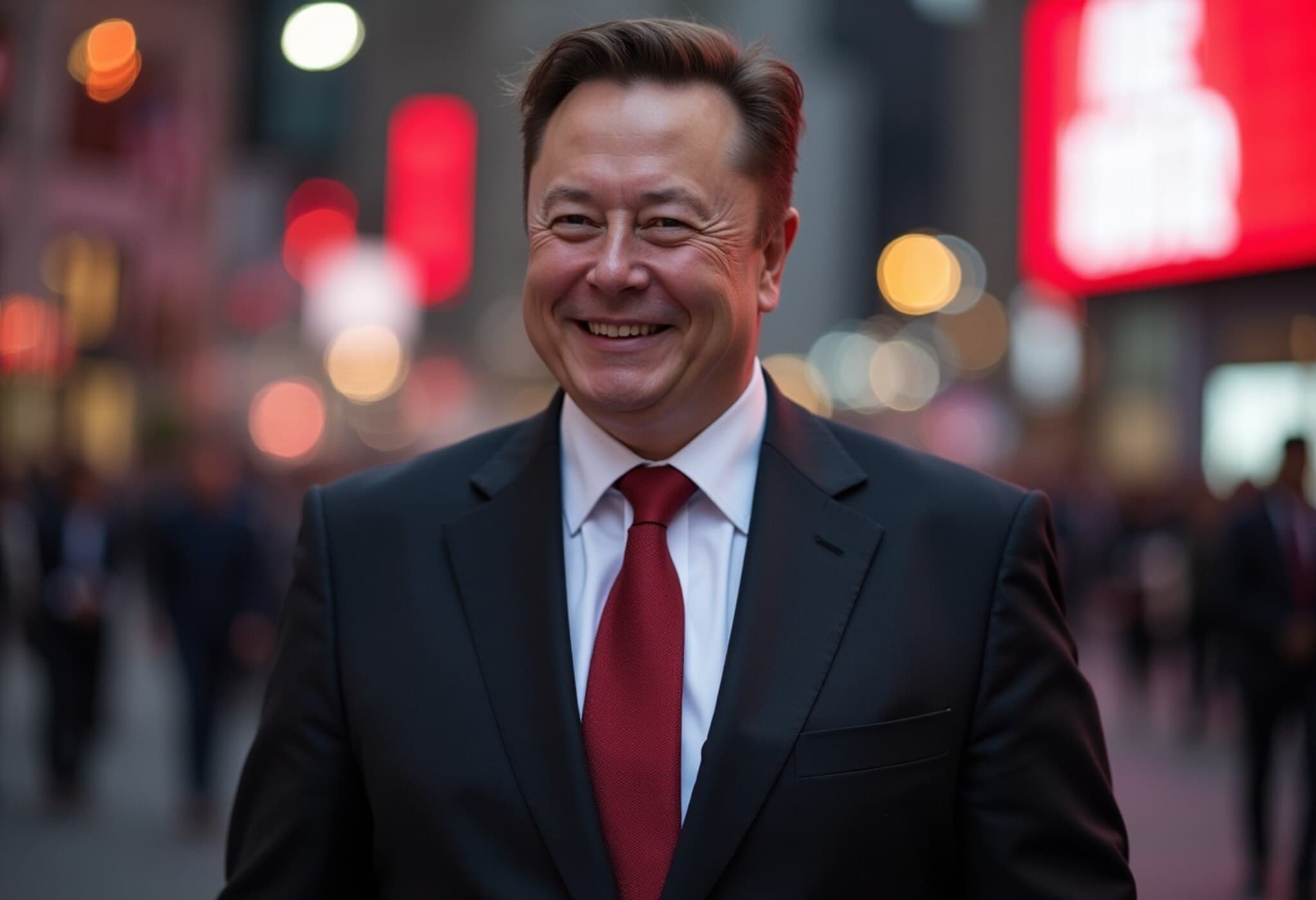Elon Musk’s Political Ambitions Draw Criticism from US Officials and Investors
Just a day after Elon Musk announced the formation of a new political party amidst harsh criticism of President Donald Trump’s recently signed tax and spending legislation, US Treasury Secretary Scott Bessent weighed in with a pointed recommendation: Musk should concentrate on running his companies, rather than diving into the political arena.
In a candid interview with CNN on Sunday, Bessent expressed concerns that Musk’s sudden political pivot may unsettle the leadership and investor communities at Tesla and SpaceX. "I imagine that those boards of directors did not like this announcement yesterday and will be encouraging him to focus on his business activities, not his political activities," Bessent remarked, underscoring the potential tension between Musk’s corporate responsibilities and his newfound political goals.
From Trump Ally to Political Challenger
Musk’s relationship with Trump has evolved dramatically. Once a prominent supporter—donating generously to Trump’s re-election campaign and even serving briefly as an adviser on government reform—Musk has now positioned himself in opposition. His disapproval centers on the newly enacted tax and spending bill, which he claims threatens the US with fiscal insolvency.
This legislation, marked by tax cuts coupled with increased defense and border security expenditures, passed last week along strict party lines. Musk’s America Party ambitiously aims to replace Republican lawmakers who backed this measure in the upcoming midterm elections, signaling a direct challenge to establishment Republicans.
Political Stakes and Corporate Ramifications
The clash has not gone unnoticed by the Trump administration. The former president suggested Musk’s discontent stems from the bill’s removal of electric vehicle tax credits—an amendment with significant financial implications for Tesla. Moreover, Trump threatened to scrutinize the multibillion-dollar government contracts and subsidies awarded to both Tesla and SpaceX, hinting at a potential tug-of-war between politics and business interests.
Investor Confidence Shaken
The ripple effects of Musk’s political announcement have swiftly impacted investors. Azoria Partners, an investment firm poised to launch a Tesla-focused exchange-traded fund (ETF), opted to delay the rollout, citing concerns over Musk’s divided focus. CEO James Fishback publicly called on Tesla’s board to urgently reassess Musk’s dual role, emphasizing the critical importance of clear leadership amid political distractions.
“Elon has gone too far.” Fishback tweeted. “My investment firm has decided to postpone next week’s public listing of our Azoria Tesla Convexity ETF. Our decision comes in direct response to Musk’s announcement that he is launching a new national political party.”
To date, Musk has remained silent on investor criticism, leaving industry watchers and shareholders in speculative uncertainty.
White House Stance and Expert Analysis
The White House has refrained from directly commenting on Musk’s political endeavors. However, Stephen Miran, head of Trump’s Council of Economic Advisers, defended the administration’s tax and spending plan on ABC’s This Week, highlighting its potential to "create growth on turbo charge." Meanwhile, Musk’s America Party has yet to release comprehensive policy proposals, though his rhetoric indicates a strategic intent to mobilize opposition against Republican incumbents tied to Trump’s economic agenda.
What This Means for the Intersection of Tech Leadership and Politics
Elon Musk’s entry into politics raises important questions about the increasingly blurred lines between tech leadership and political engagement in America. As one of the most high-profile CEOs globally, Musk’s political moves carry the risk of distracting from corporate governance and innovation, while also influencing public discourse in profound ways.
With Tesla and SpaceX at the forefront of critical industries—from clean energy to space exploration—Musk’s evolving role could set a precedent that prompts other tech leaders to reconsider how and when they engage politically. The ongoing investor unease signals the delicate balance companies must maintain between visionary leadership and shareholder confidence.
Looking Ahead
- Tesla and SpaceX Boards’ Response: Will the corporate boards intervene to recalibrate Musk’s priorities?
- Impact on Tesla’s Market Performance: How will investor skepticism translate into market behavior amid political uncertainty?
- Policy Influence: Can Musk’s America Party sway public opinion or disrupt the upcoming midterm elections?
Editor’s Note
Elon Musk’s plunge into the political sphere not only spotlights the challenges renowned entrepreneurs face when merging corporate leadership with political ambitions but also underscores the broader impact such moves have on investor trust, market stability, and democratic processes. As Musk’s new party unfolds, observers must ask: Can one individual effectively balance the demands of disruptive innovation with the complexities of political leadership? The future will reveal how this high-stakes experiment shapes both the tech industry and the political landscape in the United States.

